Communication presents the lifeline of civilization. Civilization in turn propels the pace and space of communication. Gone are the days, the agriculture preferred to remain in its mundane and meandering forms. A new knowledge wealth and a new knowledge world have both welcome the transformation of the agrarian lives across the world. And here in this new world, communication has redefined what a new life form is. The millions of farmers in India have started assimilating the sap of critical information in harvesting the happy return from his/her docile farm. Beyond land, labour and capital, the information is a new goner of production incentive that has opened up in new world altogether.
In combating the menaces of hunger, poverty and voiceless ness of millions of farmers reeling under the abject poverty and ignominious humanity, communication begets a new dream for all of them. The book communication: the process and application in extension education has certainly been a selection by the time itself, not by the choice by the author themselves. The book has been in full compliance with the course guidelines delineated by Indian Council of Agriculture Research, New Delhi and beyond, to be followed by students, scholars and teachers of other university as a whole.
The book has accommodated all possible innovative aspects of communication science along with its basic and classical contents. In present time agricultural extension and other social sciences have experienced a whole lot of structural and functional reforms and reincarnations. These spectra of changes are mostly attributed to the amazing contribution of information technology and information communication technology in ensuring food security vis-a-vis sustainable agriculture. The millennium gold declaration has rightly pledged to remove the agonizing gap between information haves and information have-nots. The inclusions of GIS, RST, GPS, cyber extension, organisation a communication, etc have ascertained this announcement with a purpose of declaring the death of distance, both in physical and social terms.
The texts retained and described in different chapter have delivered the present need and directions of extension education going to serve the purpose of multilevel stakeholders performing their yeomen roles along and across the domain of agriculture, development studies, methodological researchers, policy formulation and management applications. The book will be and keep generating valuable feed back in reconstructing the book at a time when it needs the best.

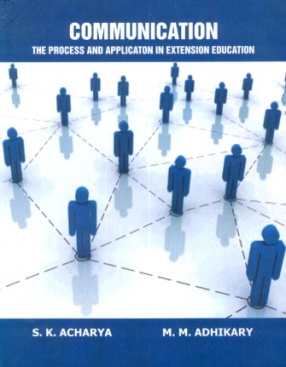
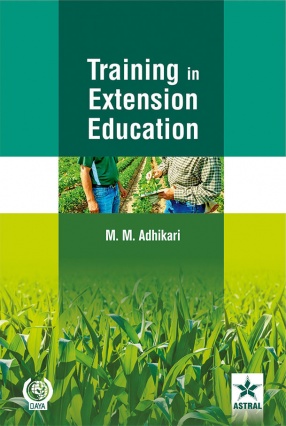
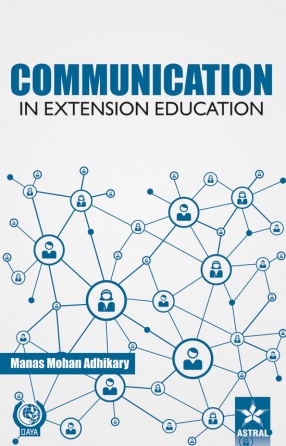
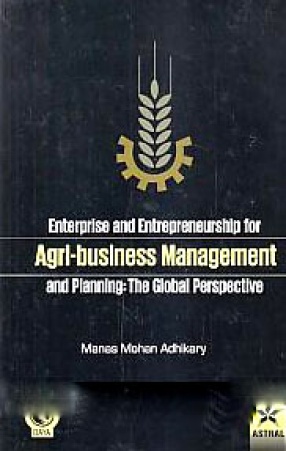
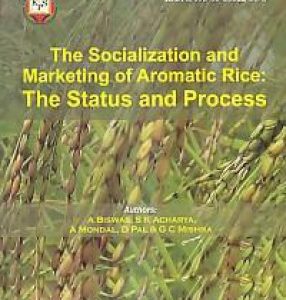
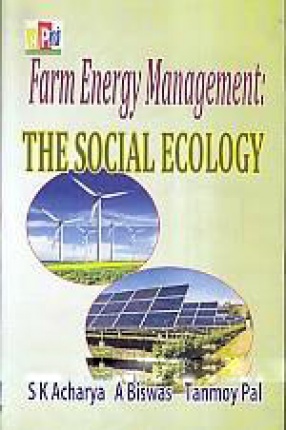
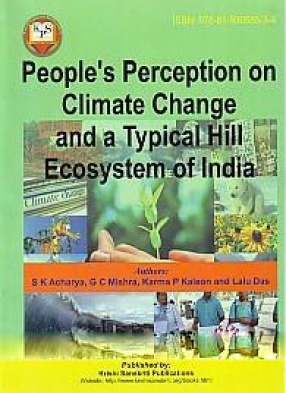

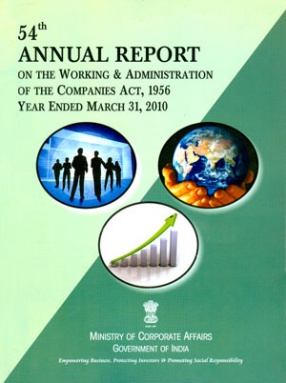
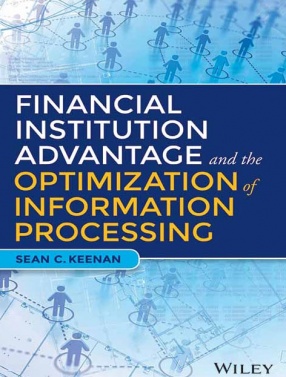
There are no reviews yet.